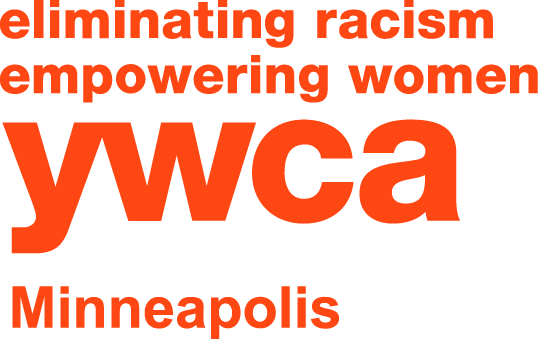YWCA Minneapolis Women’s History: Trailblazers, Philanthropists and Role Models
Throughout history, women’s contributions to society were often unacknowledged and forgotten, much less recorded for the history books. Even today, women’s leadership goes unrecognized and unpraised far too often.
Exercise as a Right for All
In the late 1800s, physical exercise itself was seen as “unlady-like” and unsafe for women. Exercises that were acceptable by society’s standards focused mostly on improving posture and balance, not health.In 1892, YWCA Minneapolis, led by Board President Mrs. T.K. Gray, was ahead of its time. She expanded the focus of the organization to encourage active lifestyles. YWCA rented a larger space so that women and girls would have a place to attend group exercise classes, and participate in group bicycle and rowing outings.Nearly a century later, YWCA Minneapolis has three full-service fitness centers and hosts the only all-women triathlon in Minnesota, an athletic event that is welcoming, inclusive and empowering for women.

A Chance to Swim
 In 1908, YWCA Minneapolis began offering swim lessons to women in Bde Maka Ska (formerly Lake Calhoun). In 1911, YWCA Minneapolis President Emma Benton raised $10,000 to build a YWCA pool so that girls would have a place to swim year-round. She did this despite public opinion that "the girls could do very well without one."By 1945, YWCA Minneapolis was the first to offer a racially-integrated swimming pool in the Twin Cities.And following that pattern of advocacy, 62 years later in 2007, YWCA Minneapolis Channel Challenge swimmers crossed the English Channel to raise awareness of racial disparities in swimming in Minnesota.
In 1908, YWCA Minneapolis began offering swim lessons to women in Bde Maka Ska (formerly Lake Calhoun). In 1911, YWCA Minneapolis President Emma Benton raised $10,000 to build a YWCA pool so that girls would have a place to swim year-round. She did this despite public opinion that "the girls could do very well without one."By 1945, YWCA Minneapolis was the first to offer a racially-integrated swimming pool in the Twin Cities.And following that pattern of advocacy, 62 years later in 2007, YWCA Minneapolis Channel Challenge swimmers crossed the English Channel to raise awareness of racial disparities in swimming in Minnesota.A Push for Racial Equity and Justice
 YWCA Minneapolis was an early adopter of multiculturalism and saw the necessity of challenging societal barriers for all women.In 1942, Phebe Mae Givens was the first African American woman elected to the YWCA Minneapolis Board of Directors. Phebe was a philanthropist, co-founder of the Givens Foundation for African American Literature and was known to be the first African American woman to be licensed as a nursing home administrator in Minnesota.
YWCA Minneapolis was an early adopter of multiculturalism and saw the necessity of challenging societal barriers for all women.In 1942, Phebe Mae Givens was the first African American woman elected to the YWCA Minneapolis Board of Directors. Phebe was a philanthropist, co-founder of the Givens Foundation for African American Literature and was known to be the first African American woman to be licensed as a nursing home administrator in Minnesota.A Look to the Future
Today, YWCA Minneapolis is led by an all-women board of directors and a majority-women leadership team; together we offer Child Care programs with an anti-bias curriculum, Girls and Youth programs that inspire academic success and leadership skills, Racial Justice and Public Policy programs that promote and campaign for equity, and of course, our fitness centers that are inclusive and welcoming spaces for all to achieve good health.Only when we remember how far we’ve come, can we envision what the future can be. It’s thanks to all the champions of the past who decided to stand up, raise their voices and pave the way, that we have a better, more equitable community for all.
